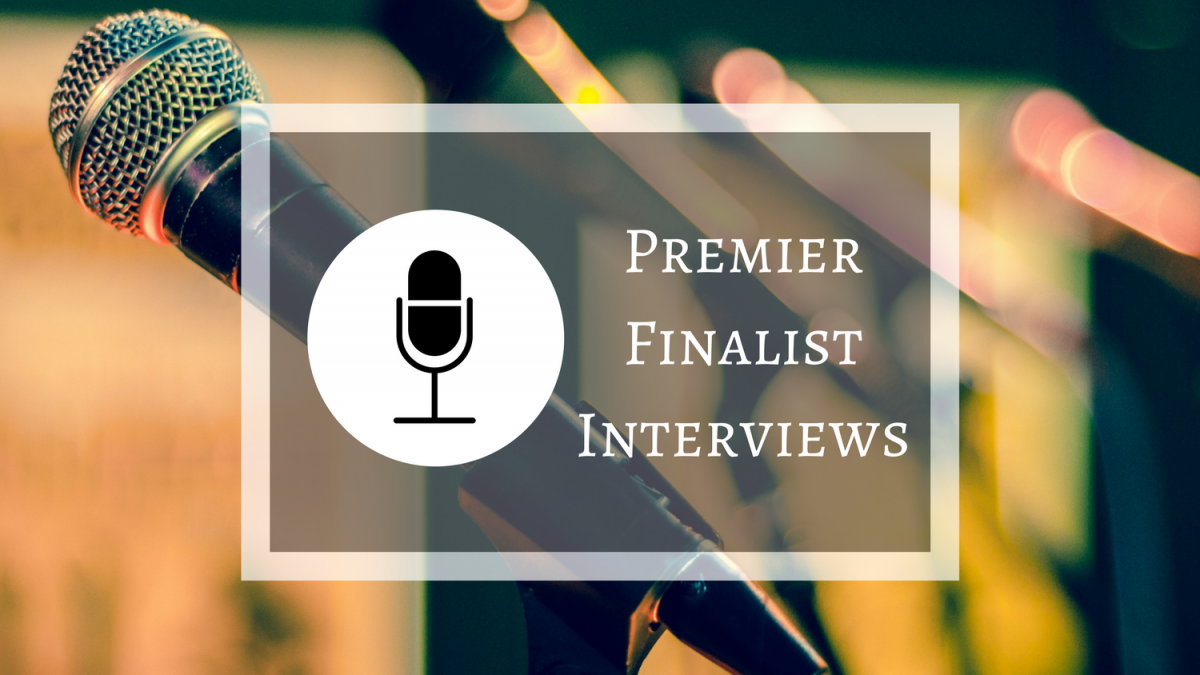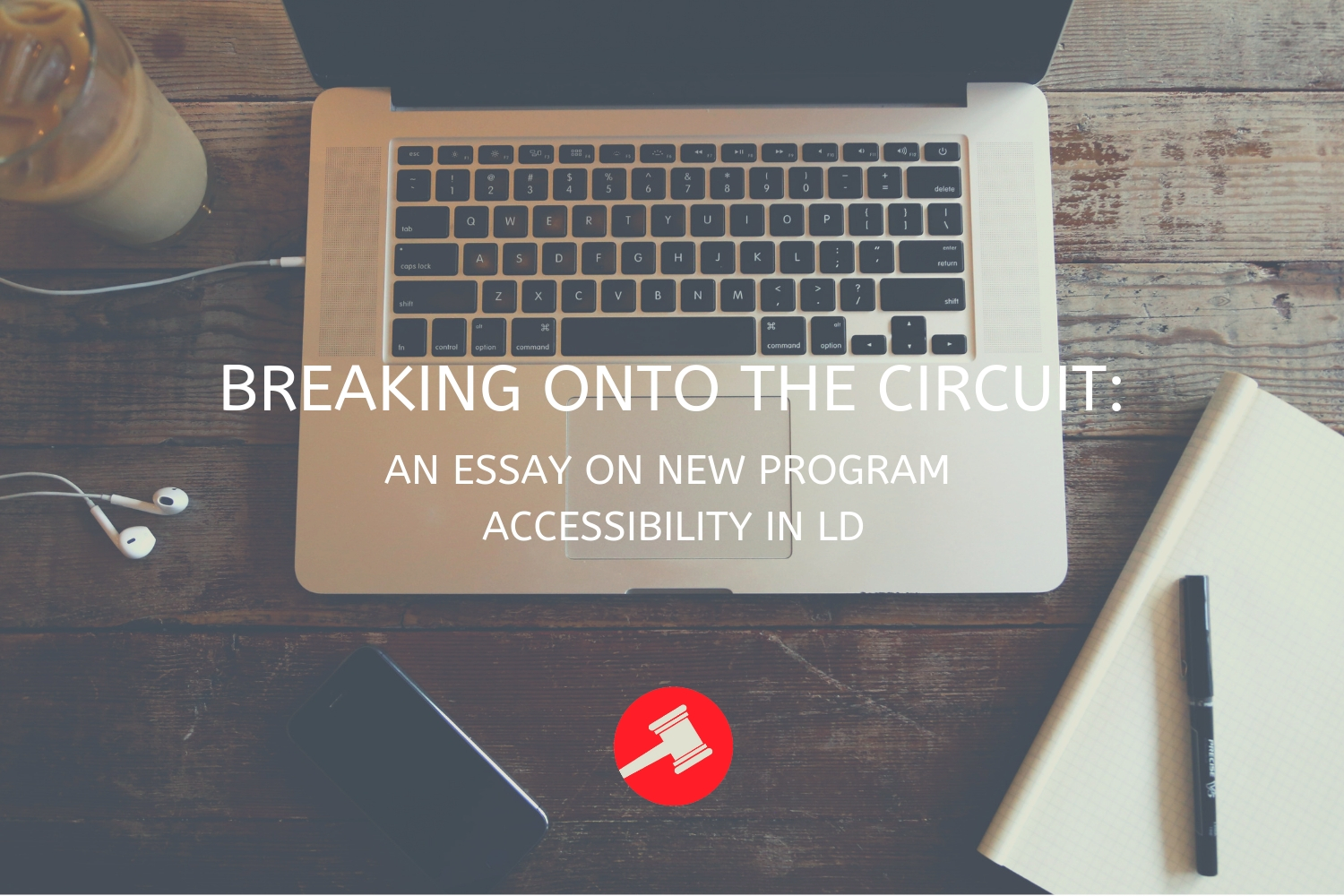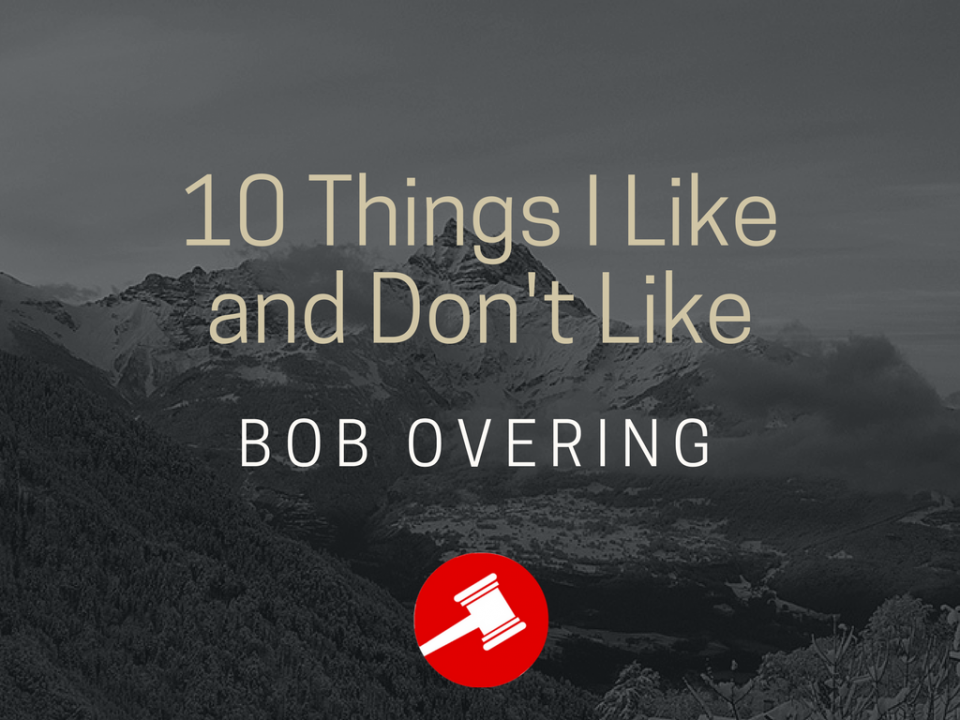2017 Valley Mid-America Cup Finalist Interviews

Finalist Interviews
Muhammad Khattak (Lake Highland MK) defeated Michael Kurian (Dulles MK) in finals to win the Valley Mid America Cup! Premier Debate has exclusive interviews with both these debaters!
Michael Kurian (Dulles MK), Finalist
Question: Given Valley is centrally-located, it has some of the most diverse styles of debate present. What’s your debate style, and how did you have to adapt it for Valley?
Michael Kurian: Well, I’ve been a K debater for all of my circuit career and my coaching staff reflects that tendency. However, I knew that kritikal methods debate would NOT be my main concern here, so I had to be ready for the theory debate. I detest theory underviews on K Affs because I think they take aesthetic appeal of the case positions away, but I used one here and collapsed to it for my bid round and octos. Flexibility is key.
Q: Why did you feel the need to adjust in those specific out-rounds? Did opponent strategy or judge panels affect your decisions?
MK: For me, it’s more about making sure your opponent doesn’t have weaknesses to exploit. I knew that certain schools have certain strategies, which means I had to be ready for them. Panels fortunately didn’t have too much of an effect on my choices because I was blessed with very objective judges.
Q: You mentioned you’re a kritikal debater. How’d you get started, and which content areas interest you the most?
MK: Oh man. I started with Nietzsche, which was absolutely life-changing. I was encouraged to do so by my head coach Arun Sharma who is also in the Nietzsche fan club. Afterwards, I read some Deleuze, secondary Marx sources, Lacan, and Foucault.
Since then, I’ve been fascinated with ecological and desire based critiques of capitalism. Honestly, I still feel so overwhelmingly unknowledgable about philosophy because there is just so much. Thank God I had Arun to break it down and help me, otherwise I would have been washed away. Advice I’d give to anyone else is find something that inspires you and find someone who can help guide you through it.
Q: Have you applied those to the September-October topic (or have any ideas as to how they’d apply to the November-December topic)?
MK: The only Aff I read at Valley was about the anthropocene, which is the way that capitalism, technology, and affect create certain problems. This is an argument with very Deleuzian themes through a post-human lens. I have no clue what I am going to read on Nov-Dec, but I’m sure Grant, Arun, and I will come up with something!
Q: Are there any issues in the debate community or ideas that you’re especially concerned about that you’d like to share or discuss or promote etc?
MK: I think the proliferation of theory as a strategic tool as opposed to an abuse check is a serious issue. I love well warranted theory debates and I think they’re a lot of fun, but these absurd spec shells and T definitions are epistemologically harmful. I think debate can be a really great place for sparking activism and developing innovative ideas, but I don’t see how that’s possible if we reject new conversations just because they’re barely outside the box.
Q: Thanks for taking the time to share your view with the community! Any shout-outs before we go?
MK: YES! Shout-out to Eddie Metelitsa, Grant Brown and Arun Sharma for being my pillars of support as well as the entirety of the Dulles Team, especially my brothers Andy Do and Dan Huynh. Finally, big thanks to the Sharma minion squad for the moral support! I love you all!
Muhammad Khattak (Lake Highland MK), Champion
Question: Because Valley is centrally-located, it draws from all the major epicenters of debate. What’s your debate style, and how did you have to adapt to the dynamics of the tournament?
Muhammad Khattak: Throughout my career, I’ve really tried my hardest to diversify to all tricks of the trade, but I primarily consider myself a framework/philosophy and critical debater above all else. But at Valley I found myself in situations where I was forced to go for the utils or didn’t think my judge would necessarily jive with the sort of high theory positions I’ve familiarized myself with. But most often, I’ve found that when a debater explains their position in an intuitive way (regardless of the judge’s debate background), it’s actually a viable strategy to go for more dense positions. So I guess the answer is that I either full on adapted, or I tried my best to just make my positions seem more intuitive.
Q: When it came to out-rounds, were there any additional steps taken to adapt?
MK: Usually, I tried to tailor my strategies to what I thought I would have a comparative advantage at. So, for example, regardless of the panel I sometimes read the skep contracts AC (which is just an innocent cyber plan!) because I thought in those instances the debate would just come down to framework (philosophy), especially when reading a plan vs. predominantly framework teams.
Q: You mentioned interest in philosophy and critical theory. Many debaters see these as opposing forces–do you feel differently?
MK: I actually think there is little to no distinction between critical arguments and philosophy. All different sorts of methodologies for oppression or kritik arguments have their own philosophic roots that merit their importance – they all answer the core question of what we ought to do in the face of different circumstances like oppression. For example, Edelman has roots in Lacan, minimizing structural violence frameworks have their roots in act utilitarianism or consequentialism. All of these different philosophic disciplines have their own way of warranting what constitutes oppression and how we go about it. To answer the question concerning specific critical or philosophy literature I’ve zoned in on – I primarily read post-modernism (Deleuze & Guattari, Foucault, Derrida) and also enjoy the different applications of those theories (I’ve done tons of reading on Fanon, bell hooks, and Wynter over this past summer).
Q: Where should someone start who wants to delve into the literature?
MK: Well, for anyone interested in learning about D&G, I suggest reading “Deleuze and Guattari’s Immanent Ethics: Theory, Subjectivity, and Duration” by Tamsin Lorraine. Ari and I both read it the summer going into our junior years and it really opened up the philosophy to us.
Q: For debaters who will compete later with this topic, are there any positions you think they should be wary of?
MK: I primarily hit the Militarism Aff and Pettit Aff this weekend, but I think that the Aff that was definitely the most difficult to respond to was the doctors plan – it’s just a tiny aff that seems rather intuitive to me substantively. Most NCs I debated consisted of Kant and T – must defend universal service; so if you’re defending a plan make sure to have those front-lined!
Q: Final question! Any shout-outs, general comments, or special things you’d like to share with the community?
MK: First and foremost, I’d love to give a shout-out to the Lake Highland team – Steve, Jerome, Julia, Jaya, Meghana, Madi, Abby, and Ari – and also my coaches – Tom, Martin, Becca, Grant, Paras, Mr. Clemens, and SAM AZBEL (who is yet to lose a tournament this year). All of them have individually been integral to my success and are great teammates.
Everyone I interacted with at Valley was great – seeing my pals from Heritage LD was really fun, and interacting with everyone from the RR throughout the weekend was a consistent pleasure. It was super great seeing everyone from each area of the community – Valley never fails to bring everyone together!
As for something I want to get out there – I’ve realized often times our predispositions can lead us to believe that other peoples’ positions are inferior to ours because they just don’t function on the same wavelength. But I think that it’s important for us to just sometimes sit back and remember that debate is just a good democratic forum where the only true defining characteristic of it is our ability to argue with each other and engage in a multiplicity of positions and perspectives, despite our own predispositions on them, or whether we think they’re “real arguments” or not.
In all honesty, the only thing that really characterizes an argument is its capacity to contain a claim, a warrant, and an impact. Everything else is just up to debate (the conclusion from this is that all sorts of arguments should be welcome regardless of what we individually think of them, whether they be truth-testing, plans, kritiks, framework, ROB spec, etc.)
Thanks to Muhammad and Michael for sharing their perspectives! And our survey is now closed, so we’ll be announcing raffle winners soon!


